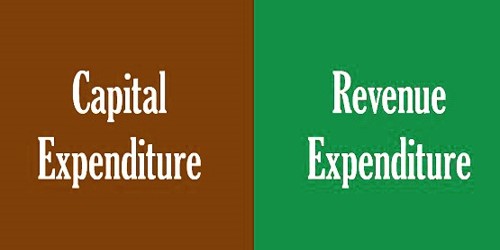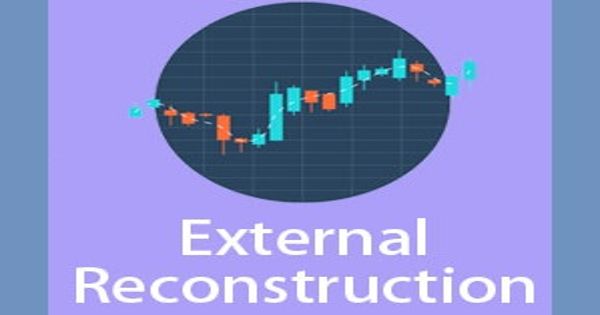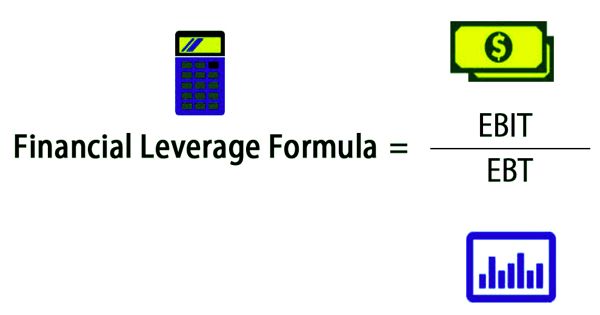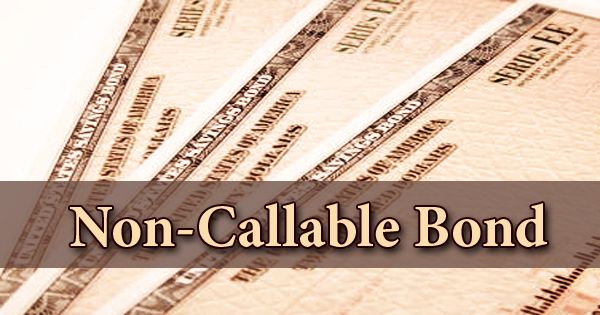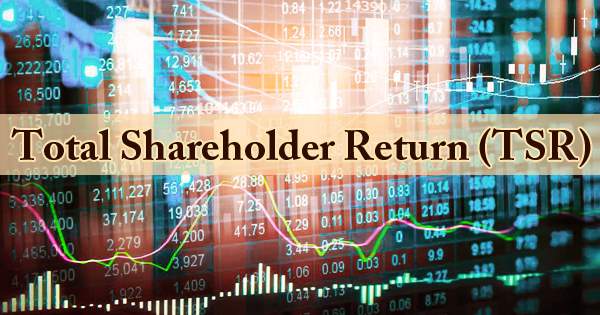Auditor’s general Duty on Capital Expenditure and Revenue Expenditure
Demarcation of capital expenditure and revenue expenditure is an important function of an accountant because such expenses directly affect the income statement and balance sheet. The absence of these will lead to misleading results where no one can conclude anything. Thus, an auditor should check whether correct demarcation is made or not.
Following are the duties of an auditor regarding capital and revenue expenditure:
- The Auditor should investigate the whole transaction in totality to understand the treatment of the transaction.
- An auditor should ask with a concerned officer regarding doubtful items.
- The Auditor should check the complete details of the transaction, like total expenditure incurred initially, the year-wise amount written off and the amount carried forward to next year.
- An auditor should understand the nature of work and procedures of an organization. S/he should know the rules and regulations of the business so that s/he can easily identify the expenditure as revenue and capital expenditure.
- The Auditor should ensure that the amount of exceptional loss should not be mixed with the deferred revenue expenditure.
- An auditor should check whether demarcation made as per the generally accepted principles of accounting or not. For, painting in an existing building is revenue expenditure and a new building is a capital expenditure.
- An auditor should consider the situation of making a payment because the situation also makes the same expenditure as capital expenditure and sometimes revenue expenditure.
Information Source:
